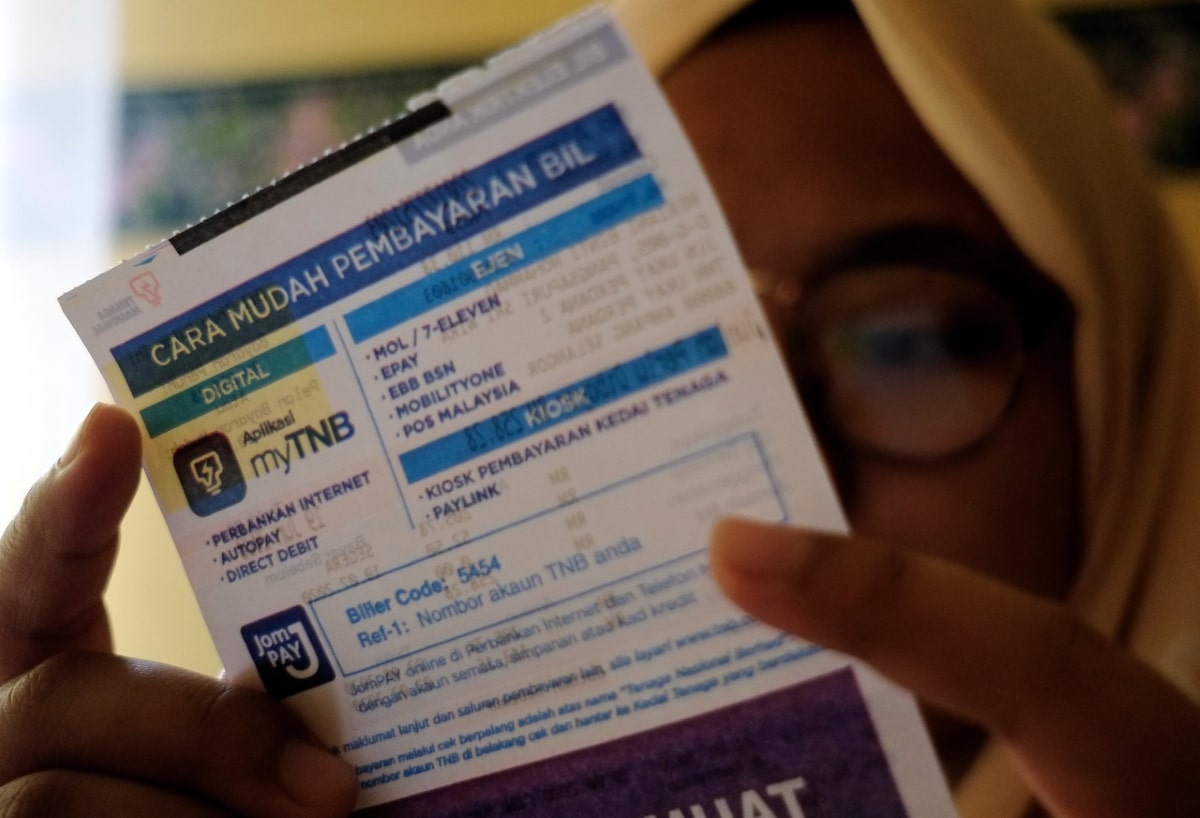
AN MCA leader has urged Tenaga Nasional Berhad (TNB) to provide a clear explanation for why electricity tariffs are being rebased, saying the power utility company should also fully detail its claim that the readjustment exercise is to reflect higher estimated fuel costs.
MCA vice president Datuk Seri Dr Wee Jeck Seng said this following Singapore’s recent announcement of a reduction in electricity prices for the first quarter of 2025 due to a fall in international energy prices.
“According to TNB, the main reason for this proposed tariff adjustment, under Regulatory Period 4 (RP4) of the Incentive-Based Regulation (IBR) framework from Jan 1, 2025 to Dec 31, 2027 is to ‘rebase’ the rates to reflect higher estimated fuel costs,” he stated.
“However, Singapore’s Energy Group and City Energy announced that, due to the drop in international energy prices, household electricity tariffs would be reduced by 3.4% in the first quarter of 2025, marking the lowest price since the third quarter of 2023.
“Malaysia and Singapore are separated by only a narrow strait. Hence, why does TNB insist that rising international energy prices require tariff increases when Singapore can lower its rates due to falling energy prices?”
Wee said an increase in electricity prices will significantly affect both the public and businesses in Malaysia, particularly as the economy recovers.
He said any additional cost burden could place further strain on small and medium-sized enterprises (SMEs) and impact the job market. Moreover, higher tariffs directly raise living costs for ordinary households, forcing low-income groups to reduce daily spending even further.
“Recently, there have been numerous concerns from business owners that are worried that the rise in electricity tariffs will weaken their competitiveness and affect their pricing compared to international markets,” the Tanjung Piai MP remarked.
“At the same time, many families have expressed concern about rising electricity costs, already burdened by inflation. These voices must be taken seriously by both TNB and the government.”
According to Wee, the cost and tariff adjustment mechanisms of TNB must be transparent for the public to fully understand the reasons behind the changes and avoid further uncertainty.
“The authorities must also reassess the reasonableness of fuel cost forecasts and consider practices in other countries to ensure the tariff adjustments are fair and justified,” he added.
“In today’s world, electricity is the lifeblood of economic development, and both the government and TNB must work together to find the best solution that balances the interests of businesses with the well-being of the public, rather than simply passing the cost burden onto consumers.” – Focus Malaysia


No comments:
Post a Comment
Note: Only a member of this blog may post a comment.